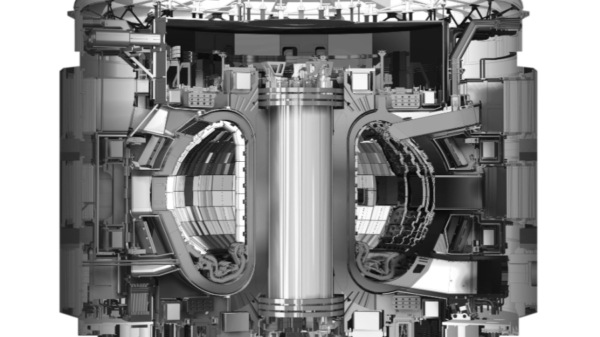A start up company spun out from the Massachusetts Institute of Technology (MIT) has received an award from a research trust for development of an innovative sensor device that can help determine treatment options for those with Rett syndrome — a rare genetic disorder that can cause seizures, sleep problems, breathing difficulties and cognitive issues.
On Tuesday, the Rett Syndrome Research Trust (RSRT) announced it would be giving the start up Emerald Innovations a US$1.1 million award to help fund the ongoing development of its contactless sensor device capable of analyzing sleep disruptions and irregular breathing in patients with the disorder.
The RSRT was founded in 2008 and has awarded US$66 million to researching the disorder during its existence. Ninety four per cent of donations the organization receives go directly toward its research program and twelve of its board members have someone in their family with Rett syndrome.
“The Emerald provides direct, objective measures of symptoms captured continuously over days, weeks, months, or longer, generating significantly richer data in shorter timeframes than can be obtained in traditional in-clinic studies,” said Jana von Hehn, Chief Scientific Officer of the RSRT.
The trust’s decision to fund Emerald follows positive pilot results from the company during a four-week period showing that its artificial intelligence (AI) technology was capable of accurately assessing Rett syndrome symptoms in a patients home without the need for any variety of wearable device.
Read more: Hapbee and Oura partner to offer optimized sleep data
Read more: Vivos Therapeutics gets FDA clearance for novel sleep apnea treatment device
The RSRT says Emerald’s device enables people with Rett syndrome and their families to carry on with their day-to-day lives while collecting detailed analyses of symptoms linked to the disorder and generating comprehensive datasets
Emerald has made it clear that its device respects users privacy and does not record audio or video. The technology works by measuring low power radio waves in its vicinity.
“The breathing and sleep patterns we observed in Rett individuals are quite disrupted, and we are confident that Emerald’s ability to systematically and objectively assess symptoms unobtrusively at home will improve the lives of patients and their families,”said Dina Katabi, President of Emerald Innovations and study lead.
Emerald’s president describes the device as the world’s first Wi-Fi like box that analyzes nearby radio signals through neural networks and measures sleep stages, breathing patterns, sleep apnea and heart rate in a contactless manner.
She recently helped publish articles in Nature Medicine and Science Translational Medicine discussing the efficacy of the company’s technology for diagnosing and assessing Parkinson’s disease as well.
The RSRT says Emerald’s sensor tech is also being used in drug development for Alzheimer’s disease.
Read more: Movano Health unveils wearable smart ring for women
Read more: National Sleep Foundation awards Novalogy and Sunrise with 2022 Sleep Tech Award
Rett syndrome can not be cured, only managed
According to the National Institute of Neurological Disorders and Stroke, Rett syndrome cannot be cured and symptom management is the only appropriate course of action for those with the disorder.
“There is no cure for Rett syndrome. Treatment for the disorder is symptomatic—focusing on the management of symptoms—and supportive, requiring a multidisciplinary approach. Medication may be needed for breathing irregularities and motor difficulties, and anticonvulsant drugs may be used to control seizures,” says the institute.
Select companies have also been developing different medicines for the treatment of Rett syndrome.
Neurogene Inc., a company in New York focused on developing medicines for rare neurological diseases, received clearance for an investigational new drug (IND) application from the United States Food and Drug Administration (FDA) at the end of January.
The company’s new drug for the treatment of Rett syndrome designated as NGN-401 showed positive results in extensive animal studies and will now be administered in humans via a Intracerebroventricular (ICV) method.
“Intracerebroventricular injections are made into the cerebral ventricle of the brain,” says an entry in the Encyclopedia of Pain.
“The efficacy profile for NGN-401 was robust, demonstrating a significant survival benefit with concomitant improvements in Rett syndrome-like phenotypes compared to untreated control animals,” said the company in January referring to its previously completed animal testing.
rowan@mugglehead.com














